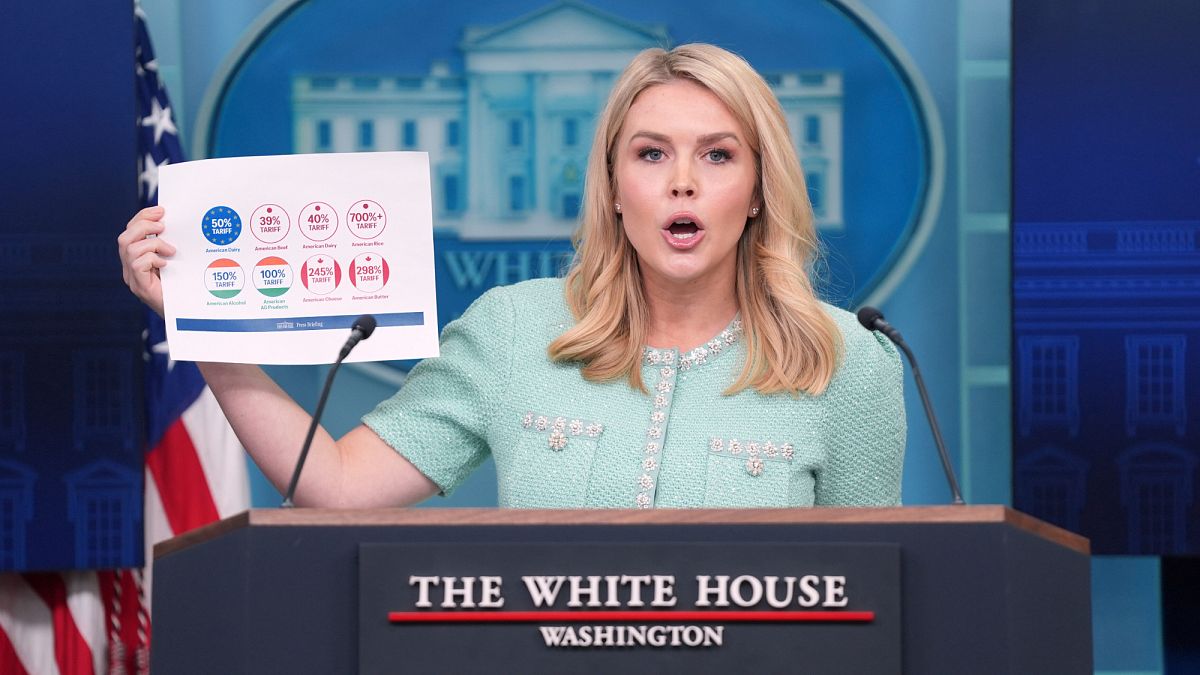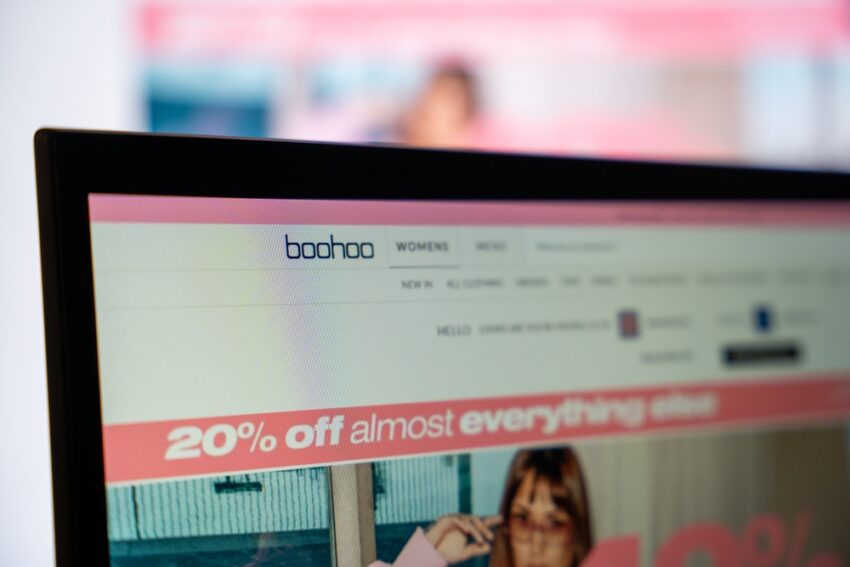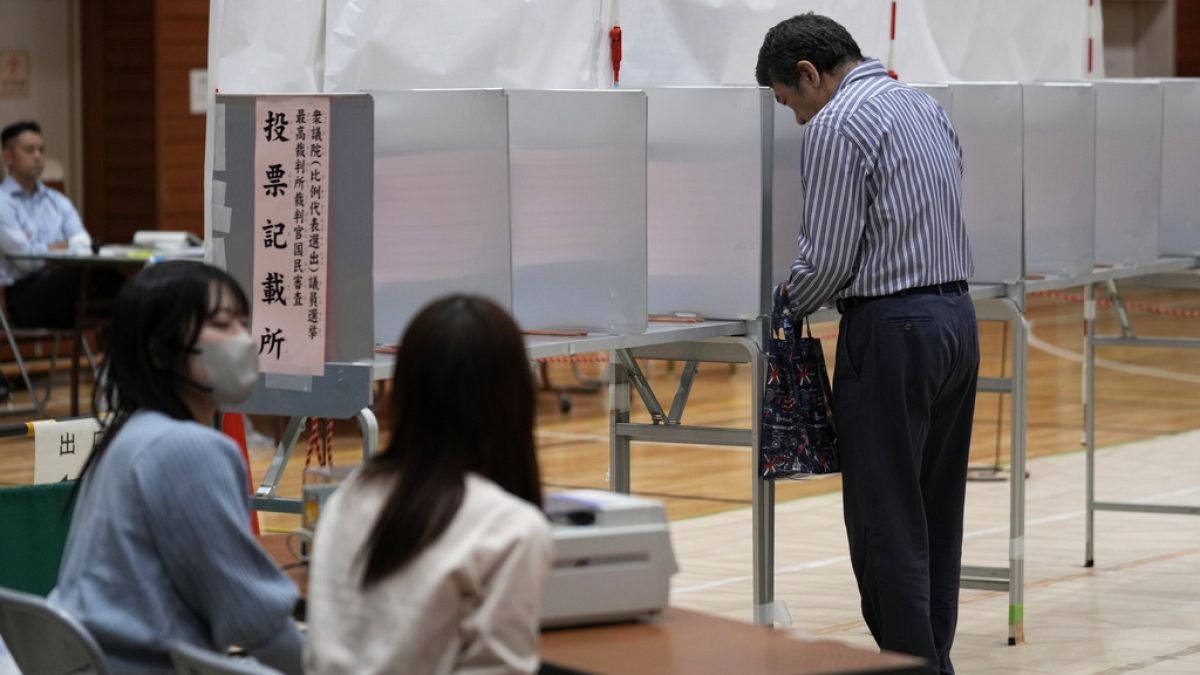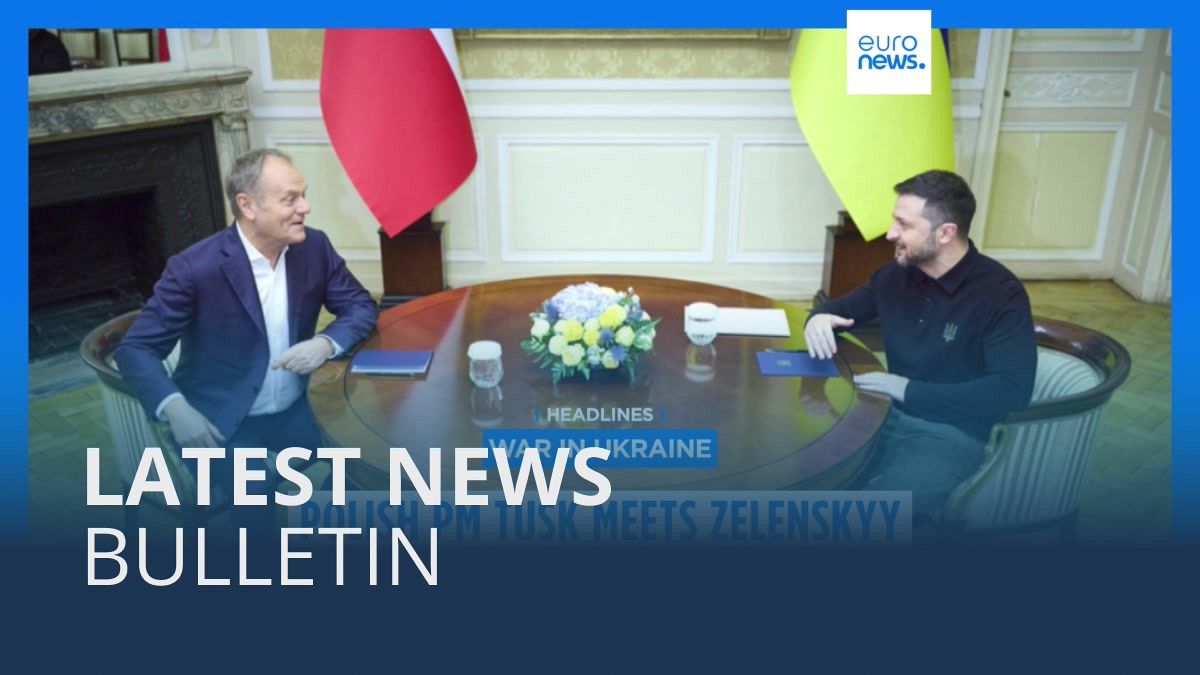Crypto has quietly become one of the biggest electoral players. You wouldn’t know it from their ads.
Super PACs funded by the crypto industry are pouring massive amounts into congressional races, and not a single ad actually mentions crypto.
The TV ads seem wildly different from each other.
In Ohio, a woman shares how GOP Senate candidate Bernie Moreno invested in her business making uniforms for female police officers. In Iowa, a spot highlights Rep. Zach Nunn’s military credentials and work to lower child care costs. And in Colorado, a Spanish-language ad touts first-term Democratic Rep. Yadira Caraveo’s support for more border patrol agents.
The ads have one major trait in common: They are all part of a massive effort from the cryptocurrency industry to elect its preferred House and Senate candidates across a dozen states this fall. But not a single one mentions crypto.
The nascent industry has quietly become the single biggest outside spender in congressional elections this cycle other than traditional party groups, spending more than environmental PACs, pro-Israel advocates or abortion-rights groups. About 1 in 12 independent expenditure dollars in House and Senate races this year have come from cryptocurrency-linked super PACs.
“The crypto industry is pretty amazing in that 10 years ago, it was the laughing stock of the tech world,” said Moreno, the GOP Senate candidate from Ohio who is challenging Sen. Sherrod Brown and has attracted the most cryptocurrency backing of any candidate. “And in reality, here you are 10 years later, and they’re going to be decisive in helping Republicans win the United States Senate.”
The industry’s ads are about trying to help their preferred candidates win elections — not making cryptocurrency a campaign issue. That reflects a reality acknowledged by several candidates: Cryptocurrency is hardly top-of-mind for most voters. The ads from the various industry-linked super PACs are instead universally positive spots about their candidates, often biographical or hitting on hot-button issues such as the border, the economy and access to IVF.
And cryptocurrency groups are quick to note that they are not innately partisan, instead backing candidates of both parties, including Democratic Senate candidates in Michigan and Arizona.
Many candidates backed by cryptocurrency are vulnerable members who serve on key committees and supported the industry’s legislative priorities this year. And in Ohio, they are looking to oust Brown, a past skeptic of the industry, even if they are not talking about him or cryptocurrency while they do it.
The spending surge has flowed through three distinct super PACs: Defend American Jobs, which has boosted Republican Senate candidates; Protect Progress, which has boosted Democratic Senate candidates; and Fairshake, which has backed House candidates on both sides of the aisle. Fairshake has also sent money to the other two groups while receiving more than $170 million this cycle from a variety of cryptocurrency-backed interests, including the firms Coinbase and Ripple Labs and the partners behind Andreessen Horowitz, the venture capital firm with substantial crypto investments.
The three super PACs have collectively spent $125 million on independent expenditures this cycle, accounting for 8 percent of all outside spending in congressional races, according to data from the Federal Election Commission. That includes more than $80 million spent on the general election.
In response to questions about the candidates backed by Fairshake and the content of the ads, a PAC spokesperson referred to an earlier statement expressing support for “leaders on both sides of the aisle and in both houses who are committed to getting things done and working with the industry to pass responsible regulation that drives innovation, creates jobs, and sustains America’s global leadership.” https://datawrapper.dwcdn.net/BXgLX/1/
Many of the crypto-backed candidates supported one of the industry’s key legislative priorities this year, a bill that would establish regulatory authority for different classes of digital assets that passed the House earlier this year but has not been taken up in the Senate.
But the biggest investment by far this cycle has been to oust Brown, the only race where they have spent against an incumbent. Brown, who chairs the Senate Banking Committee, emerged as a key skeptic of cryptocurrency and warned of the risks it could pose for consumers.
Defend American Jobs has spent more than $40 million on the race. The top two most-run ads in Ohio this year both come from the group, according to data from the ad tracking firm AdImpact. But neither mentions crypto — nor attacks Brown.
One highlights Moreno as a small business owner who raised a family in the state, another touts his support for energy independence and “stopping illegal immigrants from taking Ohio’s tax dollars.”
The cryptocurrency-linked super PACs also support Democrats — even using some of the same issues, like immigration. An ad from Protect Progress backing Rep. Ruben Gallego praised the Arizona Senate candidate for “standing up to his own party to fund 22,000 border patrol agents,” while a Michigan ad boosting Rep. Elissa Slotkin’s Senate candidacy features a clip of her saying “we need to invest in border security.”
In House races, the messaging is even more varied. Most of the nearly two dozen ads that have run in congressional races for the general election have some biographical component. Five ads defending incumbent Democrats tout their credentials on immigration and the border, while two spots backing vulnerable Republicans highlight their support for access to IVF.
It’s not unusual for an interest group to avoid talking about its own issues in advertising: Earlier this year, the pro-Israel super PAC United Democracy Project ran ads in Democratic primaries that focused on issues ranging from public safety to one candidate’s DUI arrest, though the group ran ads on antisemitism in one New York congressional race.
But cryptocurrency may simply not be front-of-mind for most voters. Estimates for the number of Americans who own cryptocurrency vary widely, in part depending on the specifics of how the question is asked. A Federal Reserve survey in 2023 pegged the share at 7 percent while a Federal Reserve Bank of Philadelphia survey this summer found 14.7 percent; cryptocurrency firms and advocates argue the number is even higher.
With cryptocurrency not a key issue in frontline House and Senate races, most candidates are reluctant to talk about the money. The majority of candidates getting backing from cryptocurrency PACs — and their opponents — declined to comment about the industry’s role in their elections.
A few candidates whose opponents were beneficiaries of crypto super PACs also spoke in favor of cryptocurrency. Former Rep. Mike Rogers, running against Slotkin in Michigan, said in a statement the industry is “important for our national security” while accusing outside groups of “trying to put Crypto in the hands of Democrats.” A spokesperson for Republican Senate candidate Kari Lake, facing Gallego in Arizona, said she was a “strong supporter” of crypto.
In Alaska, Nick Begich, the Republican challenging Mary Peltola, said he was surprised to see Fairshake backing the incumbent Democrat, citing his own pro-cryptocurrency stances. (Begich said he was an early adopter of Bitcoin.) For voters, though, questions about digital assets and crypto policy tend to be lower down the list.
“We’ll get an occasional question about cryptocurrency from the public,” Begich said. “But it is not in the top 10 issues that I hear.”
When the industry does message on crypto, those efforts are far smaller in scale than their work to help specific candidates.
Stand With Crypto, a 501(c)(4) nonprofit, has been conducting outreach aiming to encourage crypto users and supporters to vote this year. The organization also grades candidates based on statements and support for legislation related to cryptocurrency, but does not endorse. And its efforts are far smaller: The group said it has received $2.8 million in donations, about 1.5 percent of the money that has flown through Fairshake.
Jasper Goodman contributed to this report.
What's Your Reaction?





















































